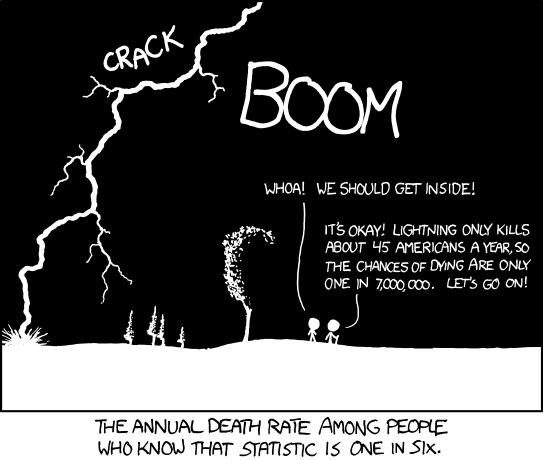It now turns out that the regulators and Tokyo Power Co had known for some years that Fukushima was vulnerable; but did nothing about it.
This report is a good read for those interested in the subject. Links for HTML and PDF.
http://bos.sagepub.com/content/67/5/37.full
http://bos.sagepub.com/content/67/5/37.full.pdf
Also for those that need such the same issue in Japanese: http://www.thebulletin.org/web-editi...issue-japanese
This report is a good read for those interested in the subject. Links for HTML and PDF.
http://bos.sagepub.com/content/67/5/37.full
http://bos.sagepub.com/content/67/5/37.full.pdf
Also for those that need such the same issue in Japanese: http://www.thebulletin.org/web-editi...issue-japanese



Comment